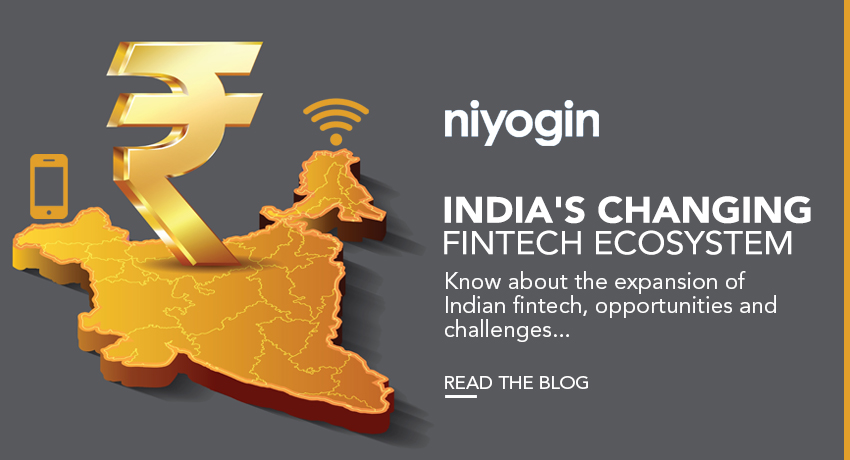In recent years, India’s fintech ecosystem has undergone a spectacular transition, revolutionizing how financial services are accessed and delivered. The convergence of technology, shifting customer tastes, and supportive legislative actions have resulted in a dynamic and diverse fintech ecosystem. From payments and loans to wealth management and insurance, the industry’s rapid expansion has not only boosted financial inclusion but also paved the way for creative solutions catering to a wide range of customers.
The emergence of fintech in India can be attributed to a number of elements coming together. One of the key motivators has been the phenomenal growth of smartphones and internet connectivity, particularly in rural areas. This digital flow has produced a massive client base with access to digital financial services.
- Digital payments and Remittances
With the launch of the Unified Payments Interface (UPI), India’s digital payments market has undergone a seismic upheaval. UPI has streamlined peer-to-peer transactions, allowing for quick and smooth money transfers. This innovation has not only reduced reliance on cash but has also accelerated the adoption of digital wallets and mobile banking apps. Furthermore, the government’s demonetization campaign in 2016 served as a spark, encouraging more individuals and companies to accept digital payments.
- Online Lending
India’s ancient banking system frequently denied formal credit to a large segment of the population. Fintech platforms filled this void with novel loan strategies. These platforms analyze creditworthiness and distribute loans quickly by leveraging alternative data sources and smart analytics, making lending available to both individuals and small businesses.
- Investment and Wealth Management
Fintech has democratized wealth management by giving consumers platforms to invest in stocks, mutual funds, and other financial instruments. Robo-advisors have gained popularity by providing algorithm-driven investing recommendations suited to individual risk profiles. This trend has made it easier and less expensive for regular investors to participate in the capital markets.
- Insurtech
The insurance industry has also been transformed by fintech. Insurtech businesses use data analytics, artificial intelligence, and IoT devices to customize insurance policies, speed claim processing, and improve customer experience. This has made insurance products more accessible, inexpensive, and responsive to customer needs.
Challenges and Opportunities
Despite its rapid growth, the Indian fintech ecosystem faces certain challenges. Data security and privacy concerns, regulatory uncertainties, and the need for constant innovation are some of the hurdles that industry players must navigate. Additionally, ensuring financial literacy and digital literacy among the masses remains critical to harnessing the full potential of fintech.
However, the possibilities are numerous. The government’s “Digital India” program and initiatives such as the “Jan Dhan Yojana” have paved the way for a financially egalitarian digital environment. Collaborations between established financial institutions and fintech firms can help deliver more comprehensive and efficient services by using each other’s capabilities.
Regulatory Outlook
India’s regulatory organizations have taken an aggressive stance towards fintech. The Reserve Bank of India (RBI) has implemented policies to encourage innovation while maintaining financial stability. The regulatory framework allows financial firms to test their ideas in a controlled environment, stimulating innovation while limiting risks. Furthermore, the RBI’s rules on digital KYC and data localization indicate the authorities’ commitment to balancing innovation and security.
India’s fintech sector has grown from a niche market to a significant force altering the country’s financial environment. The convergence of technology, creativity, and regulatory support has enabled fintech to overcome gaps, increase financial inclusion, and improve the efficiency of financial services. As the ecosystem matures, collaboration, innovation, and regulatory vigilance will be the cornerstones of its continuous growth, ultimately leading to a more inclusive and digitized financial future for India.
